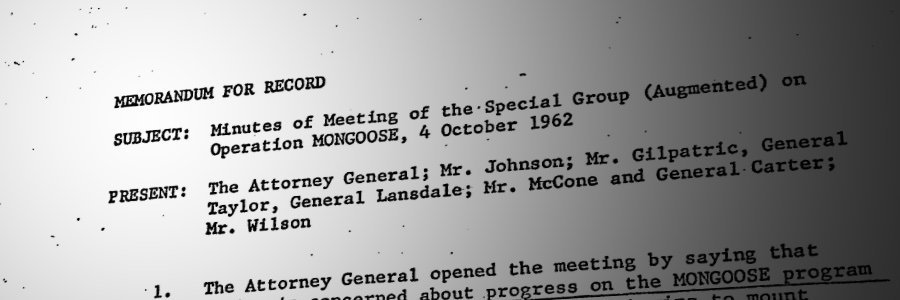Privacy and security researcher Runa A. Sandvik works at the intersection of technology, law and policy. A staff technologist at the Center for Democracy & Technology in Washington, D.C. and a Forbes contributor, Runa is also a technical advisor to both the Freedom of the Press Foundation and the TrueCrypt Audit project. Prior to joining CDT, she worked with The Tor Project for four years. Runa joined MuckRock in June 2012 and is our featured guest for this week’s Requester’s Voice.
What was your first open records request and why did you try using public records in the first place?
My very first FOIA request was filed with the FBI on June 13, 2012. In the request, I asked for all documents relating to “Bitcoin” and “Silk Road”, created and/or modified between June 2011 and June 2012. A few months earlier, someone leaked the FBI’s internal report on Bitcoin. It was clear the FBI was looking into Bitcoin and investigating Silk Road, and I wanted to see if I could use the FOIA process to learn more about how the FBI handled these cases.
The request is still awaiting response more than a year and a half later. I filed a separate request last year asking for processing notes and search slips for my June 2012 FOIA and received a letter stating no responsive documents were found. I appealed and requested the FBI perform another search. Current status is still “awaiting appeal”.
How often do you file requests?
Some weeks I file multiple requests, other weeks I file none. It really depends on what’s going on that week, what I read online and what I hear about from others.
What is your favorite request ever filed? Why?
My favorite out of the ones I have filed is probably the one where the FBI released documents — heavily redacted, but still — following a successful appeal arguing that the fee should be waived.
What tips might you offer someone who is filing for the first time? And a veteran filer?
It is incredibly important to be as specific as possible with your request: what kind of documents you are looking for, when these documents were created and/or updated, which department is likely to hold the documents you are after, and so on. A broad request asking for all documents “pertaining to” a topic is more likely to be refused than a more specific request.
I have also found that it helps being able to argue for why you should not have to pay for the documents you are requesting. I recently filed an appeal with the FBI arguing that I am a member of the news media and should have the fee waived. The FBI agreed and released documents a month later.
If you do not receive the response you are looking for, consider filing an appeal. If your appeal is denied, or if the agency fails to respond to your appeal within 20 working days, you may file a FOIA lawsuit. Though technically you have up to six years after the date on which your appeal was denied to file a lawsuit. You should also file a new request asking for processing notes and search slips for your original request.
How well does FOIA function as a journalist’s tool?
The FOIA process can be a very valuable tool to any journalist, but you have to be patient. Even with the most specific requests and well-written appeals, you may be waiting months or years for a response.
What does your FOIA process look like?
My personal FOIA process has definitely improved over the past few years. In the beginning, I would file broad requests with a number of agencies hoping something would stick and records would be returned. That never worked out for me.
After input and feedback from Jason Leopold, a great investigative reporter, I now spend more time researching the topic and making sure my requests are as specific as possible. I have also started to appeal requests that are either rejected or where no records are found, as well as request processing notes and search slips. I have yet to file a lawsuit, but that may be something I end up doing in the future.
Image via YouTube.com




